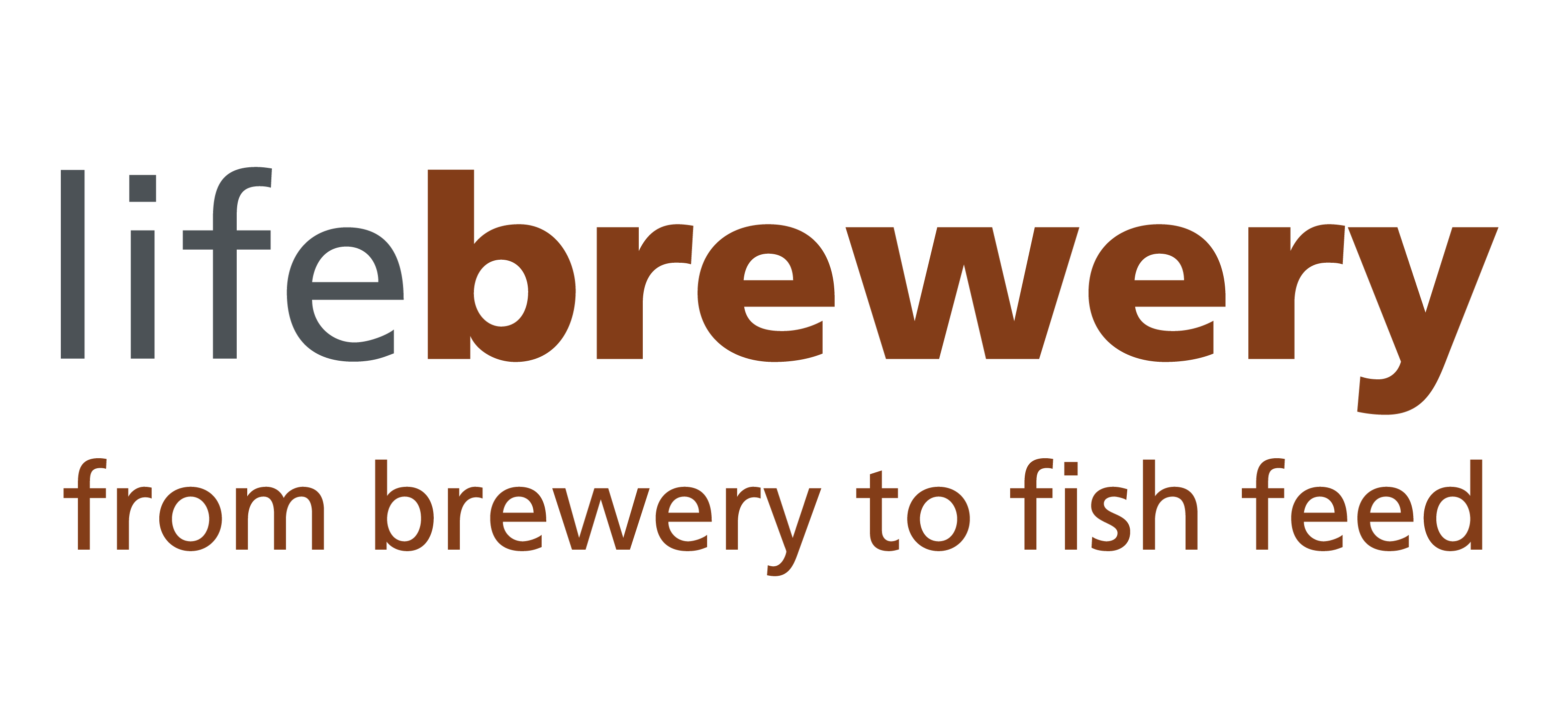This project will contribute to fulfil European environmental policy and legislation. Public strategies seek to advance into environmental preservation and, thus, into the quality of life of citizens, by protecting biodiversity and the environmental services provided by ecosystems, by properly managing of the generated wastes, by ensuring a clean and healthy environment and by promoting the responsible use of natural resources by business, government and public consumption.
Project objectives fit with public strategies since it is based on a circular economy approach and it will reduce the environmental impact of actual management of untapped BSG and also of the total amount of BY, actually managed within the wastewater.
It will also reduce the potential impact related to aquaculture products providing a new feed ingredient, promoting the resource efficiency in an industrial symbiosis scheme that will help the EU shift towards a circular and green economy.
Beer production has a double environmental impact: 1) beer production and 2) wastes management. The largest volume are Brewer Spent Grain (80 % of total solid by-products), followed by Brewer Yeast (10 %). According to bibliography, BY is mixed with wastewater and discharged for its treatment, while 70 % of BSG is used in fresh for feed, 10 % for biogas production and 20 % is landfilled. This implies the loss of a valuable product. Although the use of these by-products for human consumption or even for pharmaceutical and cosmetic purposes could be a valuable option, a solution able to cope with larger volumes is needed. Aqua-feed production alternative involves the higher protein conversion efficiency, with a 30 %, above chicken with a 25 %, pork 15 % or beef 5 %.
Global aquaculture production is increasing due to growing demand for fish. Current aqua-feeds are highly dependent on fish meal (FM) and fish oils (FO). Approximately 65 % of global FM (about 4.8 million tonnes) is used in aquaculture production, while approximately 83 % of FO (about 1 million tonnes) goes to aquaculture production. A recent study has demonstrated that replacing FM by other alternative ingredients, such as soybean or rapeseed, involves less environmental impact per tonne of aqua-feed in both Acidification potential (AP); Global Warming potential (GWP); Eutrophication potential (EP) or Land competition (LC) than fish meal based standard aqua-feed. The level of substitution of FM and FO depends on the species. Within this framework, alternative ingredients which successfully replace these marine components are required.
Reducing aquaculture’s dependence on marine resources in the future will depend on improving feed efficiencies and substituting away from fishmeal and fish oil. Therefore, brewers´ by-products stand as a potential alternative for replacing fish meal in aquaculture feed, due to their availability in Europe, their nutritional characteristics and the preliminary results obtained in a previous project (Aquadiet project).
